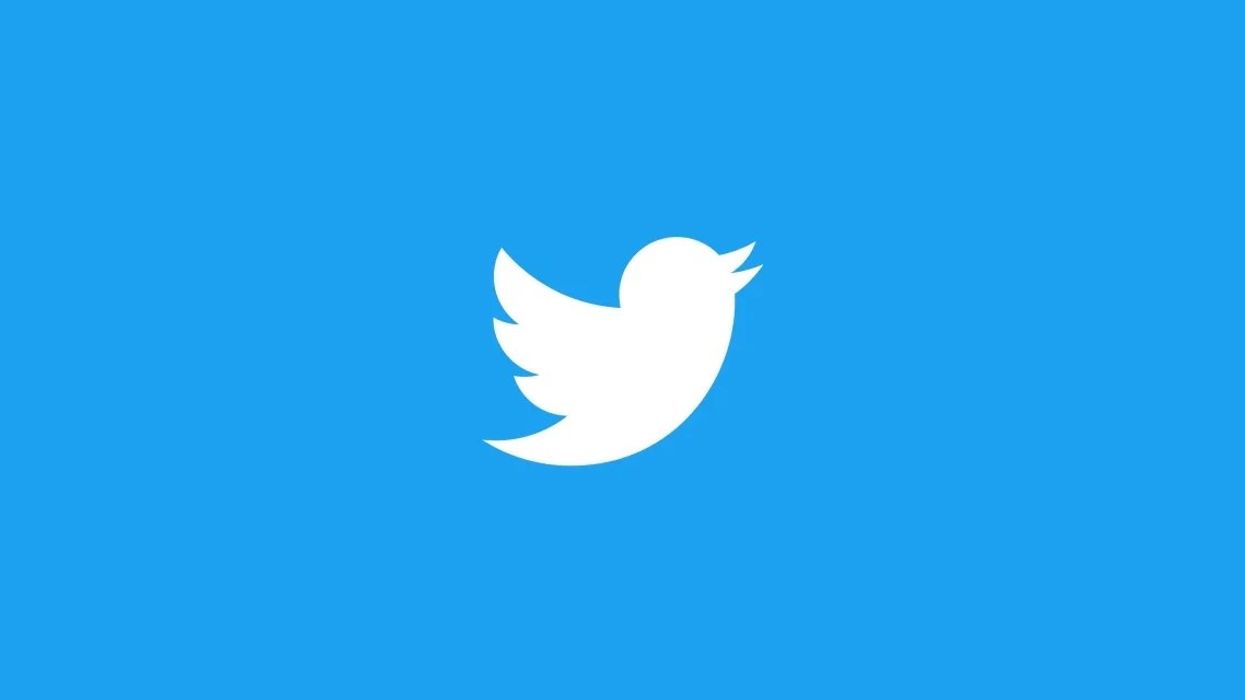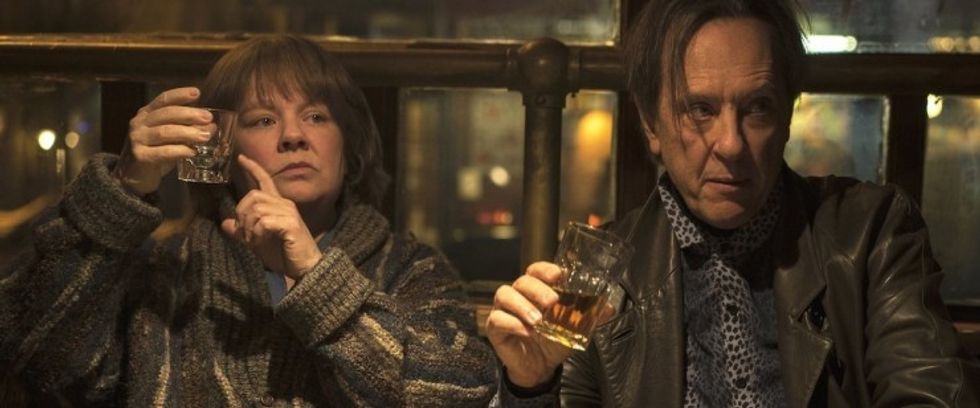How Can You Use Screenwriting Twitter to Help Your Career?
It's time to network online.

If you don't live or work in Los Angeles, Hollywood can feel like it's a million miles away. Fortunately, social media can make you feel closer to the action in Hollywood. Over the last decade-plus, some writers have been fostering a community on Twitter.
Screenwriting Twitter is a community of writers, filmmakers, and enthusiasts who use the social media platform Twitter to discuss, share and learn about screenwriting. This online community is made up of professionals, aspiring writers, and anyone interested in the art and craft of screenwriting.
People come together, connect, share ideas, and even talk with managers and agents who may read a DM or logline and offer a read.
Screenwriting Twitter offers a platform for writers to connect, share tips and resources, and provide feedback on each other's work. Members of Screenwriting Twitter also use the platform to discuss industry news, trends, and events, as well as to promote their own work and collaborate with other writers.
It is a valuable resource for anyone interested in the world of screenwriting, whether they are just starting out or are experienced professionals.
But there are positives and negatives to this platform.
Let's explore them.

What are the Positives of Screenwriting Twitter?
Let's start with this, I consider myself a semi-active member of Screenwriting Twitter. I met the best man in my wedding on Twitter after he slid into my DMs. Aside from that, I've talked with directors, found a writing group, and met some managers who reached out to see if they could represent me.
I think this space is really valuable for people trying to break in because it's the best place to listen to many different professionals tell their stories and give advice that can help you crack a story or line up your next project.
Other positives include:
Community and Networking: Screenwriting Twitter provides a space for writers to connect and network with other professionals in the industry. This can lead to collaborations, job opportunities, and even mentorships.
Learning and Resources: Screenwriting Twitter is a great resource for learning about the craft of screenwriting. Writers can share tips and resources, and participate in discussions about various aspects of writing such as character development, dialogue, and story structure.
Feedback and Support: Writers can share their work on Screenwriting Twitter and receive feedback from other writers. This can be helpful for improving their scripts and getting new perspectives on their work.
Industry News and Trends: Screenwriting Twitter is also a great source for news and trends in the film and television industry. Writers can stay up to date on the latest developments and gain insights into what producers and studios are looking for.
Self Promotion: Finally, Screenwriting Twitter is a useful platform for promoting one's own work. Writers can share their scripts, loglines, and other materials, and potentially gain exposure and interest from producers and agents.

What Are the Negatives of Screenwriting Twitter?
Although I waxed about how much I loved this place above, I also loathe it. Moreso recently.
While Screenwriting Twitter can be a valuable resource for writers, there are also some potential negatives.
The thing I hate most is how a mob mentality builds fast, and we see a lot of newbies or aspiring people pile on professionals who try to give advice. There have been countless managers and writers who have been driven away from the platform thanks to online bullying and a stringent desire for vengeance when their career doesn't pan out.
It makes people afraid to Tweet thoughts and ideas others might find helpful or useful, because of the wave of vitriol that can come your way.
Here are some other things that worry me:
Information Overload: With so much content being shared on Screenwriting Twitter, it can be overwhelming to keep up with everything. It's important for writers to be selective about who they follow, what content they engage with, and fact-check who's giving what advice.
Negativity and Criticism: While feedback can be helpful, Screenwriting Twitter can also be a breeding ground for negativity and criticism. Some writers may be overly harsh in their critiques, which can be discouraging for new writers, or may attack pros who they decide they hate.
Time Sink: Like all social media platforms, Screenwriting Twitter can be a time sink. Writers can spend hours scrolling through their feeds and engaging in discussions, which can be a distraction from actually writing. I know so many people who tweet instead of create.
Risk of Plagiarism: Sharing one's work on Screenwriting Twitter can also pose a risk of plagiarism. While most members of the community are respectful of each other's work, there is always the potential for someone to steal an idea or script. So beware when it comes to tweeting loglines or ideas.

Summing Up Screenwriting Twitter
Screenwriting Twitter is a vibrant and supportive community for writers who are interested in the art and craft of screenwriting. From networking and collaboration to learning and resources, Screenwriting Twitter offers a wealth of benefits for writers at all stages of their careers.
However, like any social media platform, there are potential downsides to be aware of, such as information overload, negativity, and the risk of plagiarism. It's important for writers to approach Screenwriting Twitter with a critical eye and to use it as a tool for their writing journey rather than as a distraction.
By engaging with the community in a positive and constructive way, writers can find inspiration, support, and opportunities to advance their careers in the world of screenwriting.
Let me know what you think in the comments.











